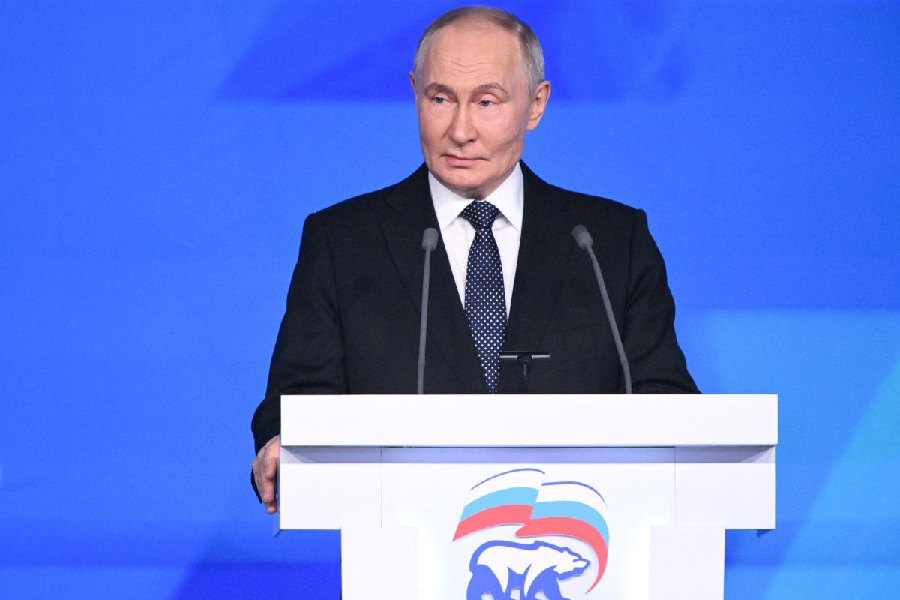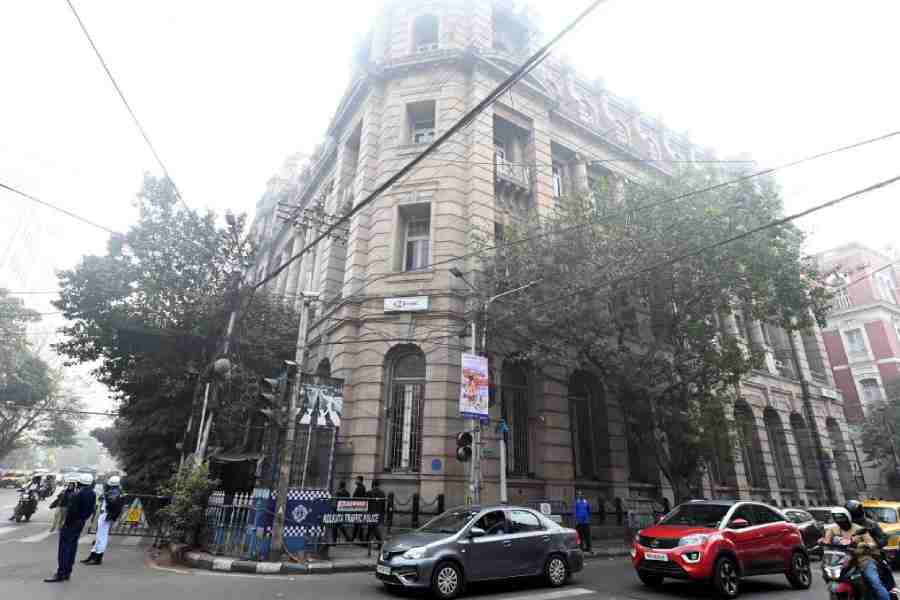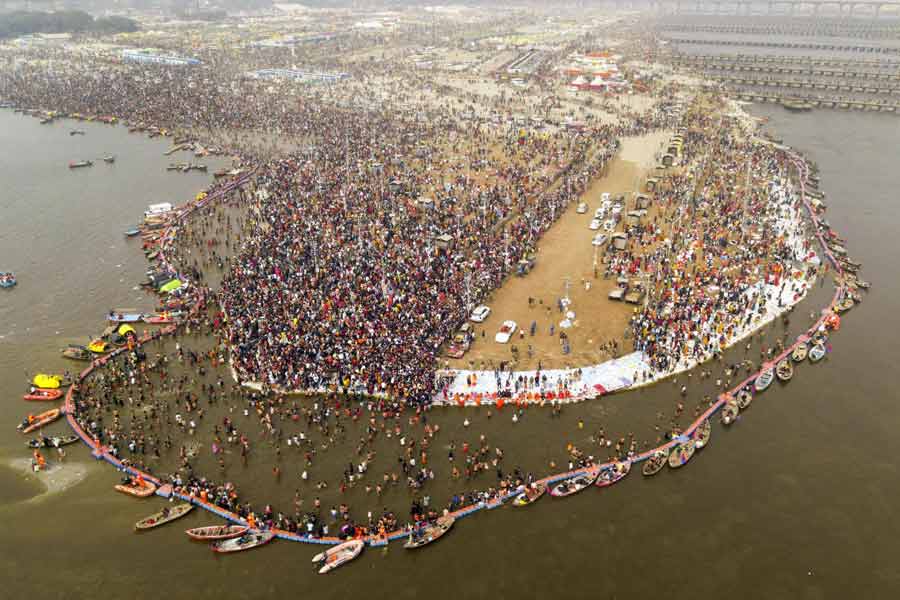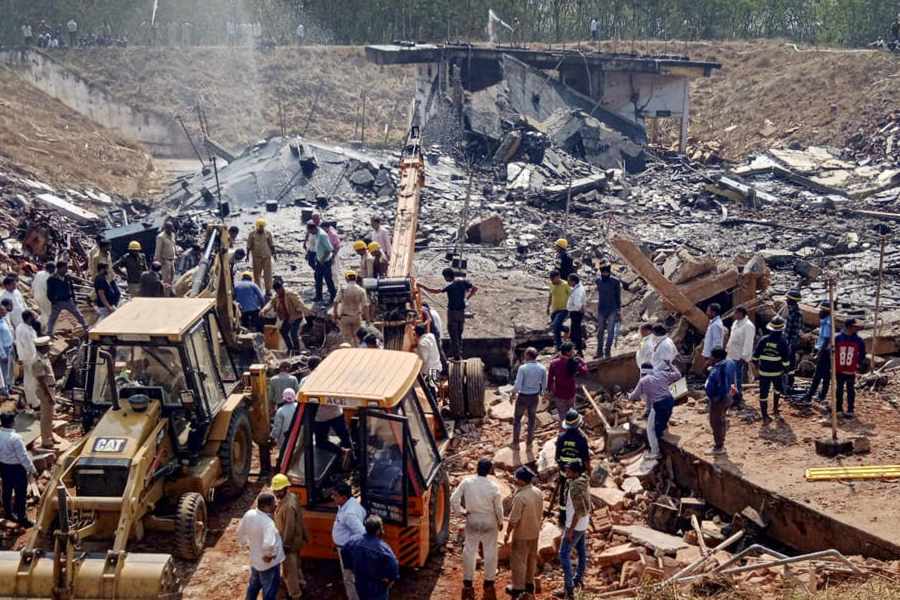Ask an urban voter for an excuse to not vote and he can rattle off quite a few — bad traffic, business appointments, a lazy morning after a late night...
As Jharkhand voted in the phase two of Assembly polls on Saturday, largely urban seats such as Jamshedpur East and West witnessed some of the lowest voting percentages despite the ongoing Raghubar Das-Saryu Roy high-decibel drama.
While Jamshedpur East clocked a voter turnout of 56.30 per cent, Jamshedpur West fared worse 54.41 per cent (the revised EC figures showing a significant hike from 50.67 per cent and 47.42 per cent that were released on Saturday evening).
Save for 2014, voter turnout in Jamshedpur East and West constituencies has always been dismal, struggling to cross the halfway mark.
In 2005, Jamshedpur East recorded a voting percentage of 44.71 per cent and Jamshedpur West 48 per cent. In 2009, the figures were 45.14 per cent for Jamshedpur East and 42.15 per cent for Jamshedpur West. In 2014, the figures jumped to 60.90 per cent for Jamshedpur East and 59.67 per cent for Jamshedpur West.
“It’s a shame that our urban citizens can’t be bothered to drive in or walk in and cast their votes when people in rural areas brave hilly and forest terrain and Maoist boycotts to reach the polling booth,” a first-time voter from Jamshedpur West told The Telegraph disgustedly.
In contrast, Jamshedpur as a parliamentary seat has voted generously. In 2014, 66.33 per cent voters turned up in the general election. In 2019, the number rose to 67.19 per cent.
“It seems urban voters are concerned with national issues, not local ones,” said an elderly voter. “Also in Jamshedpur, most voters enjoy a high standard of living, with good roads, water and power supply. A considerable part of both the constituencies are managed by corporate houses like Tata Steel and Tata Motors.”
Admitted Sukanya Das, an executive from Jusco, the Tata Steel wholly owned utilities subsidiary. I know many who thought that it (voting day) was just an extended weekend. This being December, many people are travelling. Also a large part of urban voters are hardly bothered about local issues. They know choosing an MLA won’t bring any change to their lives,” Das said.
Agreed Amit Bose, a social worker and an active member of Sabuj Kalyan Sangha in Telco. “These two constituencies have a huge number of middle and upper class voters whose concerns include job promotions, a better pay package, good schooling for their children and living the good life. They feel whoever wins the Assembly election won’t change even a fraction of their lives. Though awareness campaigns, and new voters realise the importance of inking their finger, maybe even to flaunt on social media accounts, many others are indifferent,” Bose said.
Polling managers of various political parties who were responsible for the voter turnout in their respective pockets expressed different reasons for the low turnout. Polling managers who were in the field on Saturday said many voters still were confused between BJP candidate Raghubar Das and Independent candidate Saryu Roy in Jamshedpur East.
“Voters are tired of the existing system,” said Guddu Gupta, who was in charge of Sonari area for Congress candidate from Jamshedpur West Banna Gupta.
BJP’s polling incharge of Birsanagar from Jamshedpur East Kuldeep Singh Roshan said voters who liked both Das and Roy “simply stayed at home”. “Also, a large number of voters from Jamshedpur have migrated to metros for work or studies,” he added.











